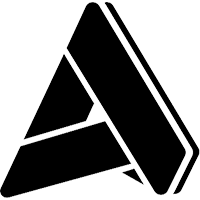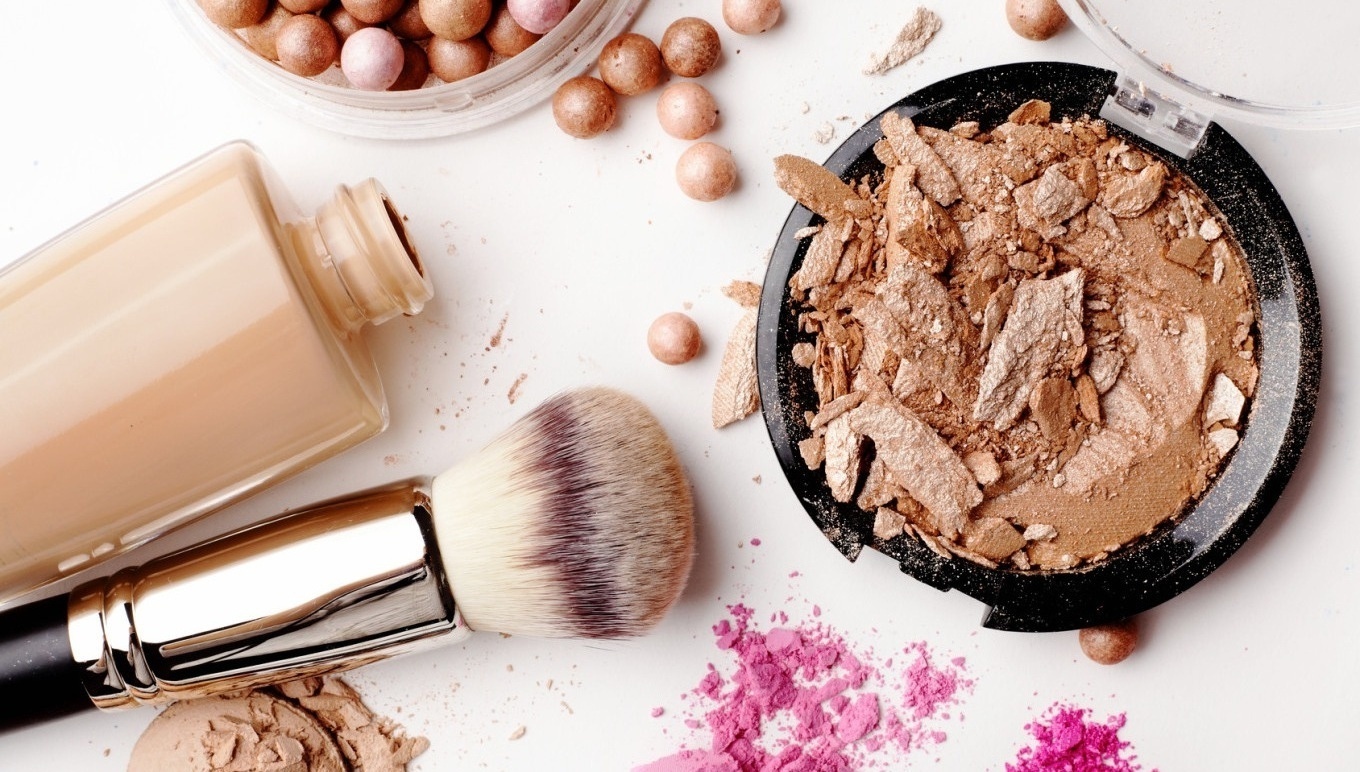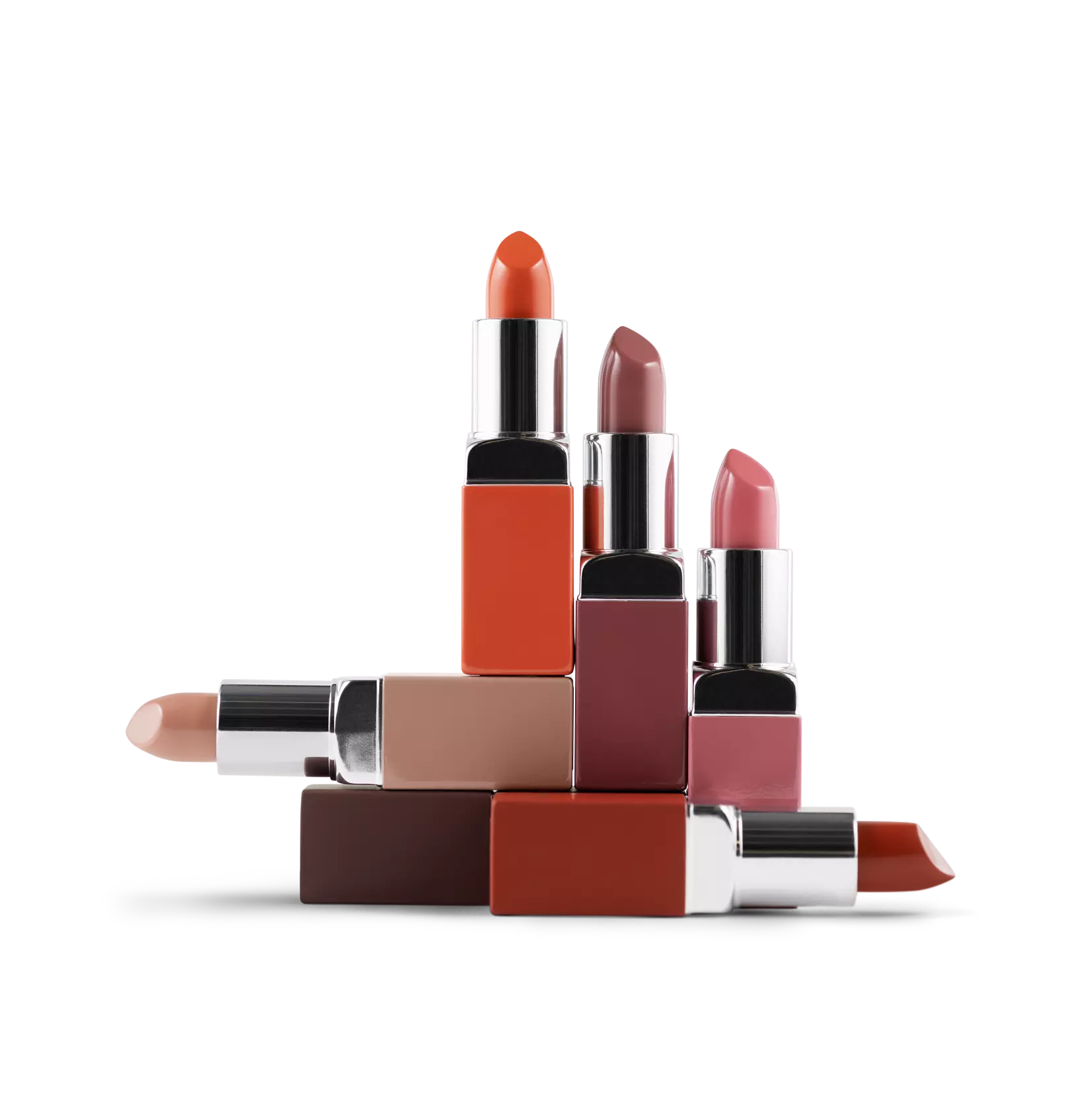Keeping Your Skin Care, Cosmetic and Fragrance Business Competitive With a PLM
Keeping Your Skin Care, Cosmetic and Fragrance Business Competitive With a PLM
Keeping Your Skin Care, Cosmetic and Fragrance Business Competitive With a PLM
24 Nov 2021
 Juliette Caron | Marketing Program Specialist
Juliette Caron | Marketing Program Specialist
Do you find yourself working against the clock to bring innovative and safe products to market? Are you staying ahead of new regulations and market trends? Remaining agile in the skincare, color cosmetics and fragrance industry is a top priority in this rapidly evolving industry of highly competitive retail conglomerate leaders, new ecommerce trends and changing consumer demands for high quality, sustainable and niche products.
As a cosmetics business, you must optimize your innovation process to face:
A fast-growing competitive landscape
Shortened product lifecycles due to seasonal constraints
Increasing product development costs
Higher consumer expectations
Fast-evolving technologies
That’s why it’s vital to invest in the right technology to maximize agility, foster innovation and future-proof your business.
So, Why Is PLM the Right Technology?
You put a lot of time and energy into developing your products. From the product brief to the packaging design, from formulation to regulatory compliance, from internal and external collaboration to document management—you’re managing a lot of moving parts. And you’re doing it all while competing with other long-reigning brands and new niche luxury companies.
This is where product lifecycle management (PLM) comes in.
Robust PLM software is designed to streamline this process and help guide you through every phase of product development.
Let’s take a look at what you can do with a PLM system designed for the cosmetics, beauty and personal care industry in your corner.
Speed Up Time to Market and Product Innovation
PLM enables more transparent management and oversight of all the diverse processes involved in product development. You can increase rates of innovation with a tool dedicated to new product development (NPD) that streamlines and shortens the development cycle.
Improve Your Teams Productivity and Collaboration
More effective collaboration between remote teams and departments will streamline the overall development cycle. Ensuring everyone involved in product development has some degree of access to the PLM software will increase transparency across the board. Input from sales and marketing can be used directly by design teams, while suppliers keep you updated on raw materials and ingredients in real time.
That way, your departments can easily share useful knowledge internally and externally, ahead of time.
Be Compliant
Your customers put their trust in the quality and safety of your product. A PLM for cosmetics must come with an automated formulation tool that enables you to quickly check the compliance of the quali/quanti formulas, allergens, traces and impurities concentrations, and whether or not they need to be reported.
Thresholds for substances (such as volatile organic compounds) and allergens can be entered and updated on the system on a regular basis for each geography so that you are alerted in real time if the formula fails to meet your market’s requirements. You receive immediate results from your prototype testing, the product is either compliant or it is not. Should the product be found non-compliant, reasons for not passing are readily explained, allowing you to safely pivot and make necessary changes to quickly get back to production.
Increase Customer Loyalty
Not only do your customers value the safety of your product, but they also value the performance, longevity and customer service that comes with the purchase of cosmetics. Once the product is in the hands of your customer, it is important to monitor customer complaints and track any reported quality issues. A PLM system optimizes product tracking so you can quickly react to safety alerts and customer complaints. Those on your team responsible for complaints management are continuously informed of the current processing status until the problem has been solved and preventive actions have been implemented. Development teams can be quickly notified of the customer’s concerns thanks to the PLM tool, easing the development of future products by mitigating concerns before they arise.
Cosmetics PLM Solution: What To Look For?
A PLM system for a skin care, cosmetic or fragrance business should always include features and functionality specifically curated for the industry and designed to meet your unique needs. So, when searching for a PLM, ensure that it:
Streamlines and automates product updates due to the dematerialization of technical files and gathering of documents together
Controls and optimizes NPD processes
Simplifies communication with partners and suppliers through a dedicated portal integrated within your PLM software where they will be able to add and update raw material specifications, constraints, etc.
Provides step-by-step project progress tracking
Offers customizable levels of access, depending on the user’s role for added security
Automates information gathering and generation of compliance files
Includes dedicated creative tools to facilitate package design and implementation
Optimizes the product formulation process
Simplifies allergen management with country-specific regulations
Automatically generates labelling in different languages to facilitate your global expansion
As a cosmetic and/or personal care business, you know better than anyone that “one shade fits all” is out. Effective streamlining of your business starts with gaining a better, more holistic overview of the entire product journey. An industry-curated product lifecycle management system can transform your operations as it has been designed to streamline NPD processes. This mean you can be more efficient and truly focus on your consumers needs, without compromising on the quality and safety of your products.
Ready to learn more? Request a demo with one of our experts.
Ensuring Product Compliance in a Global Environment
Follow best practices from experts on how to ensure product compliance through its entire lifecycle when commercializing cosmetic products to North America and in the EU.



